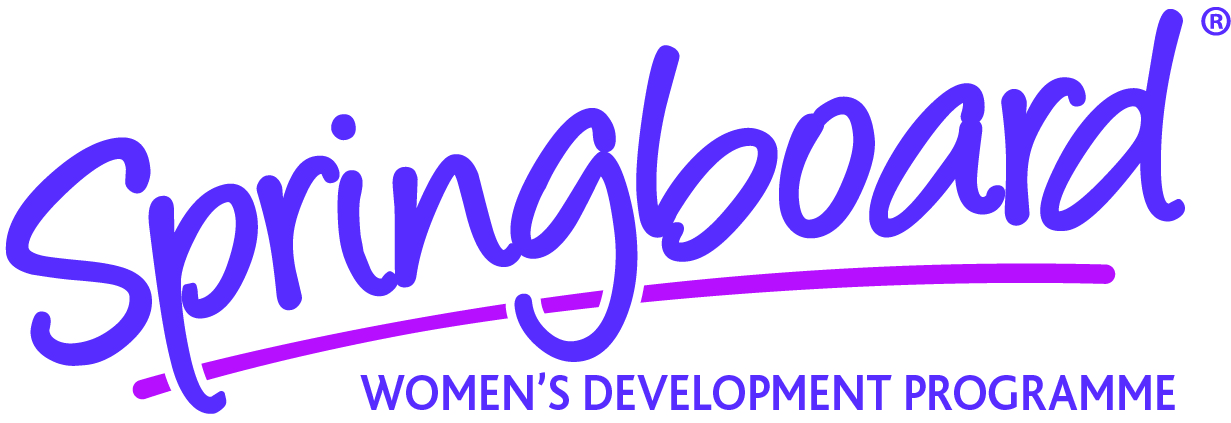Middle East’s blind women to benefit from Springboard Consultancy training materials
Blind women throughout the Middle East now have the chance to build the skills and confidence to make a better world for themselves at work, home and in their wider communities. They are now able to do so through being able to access the award-winning ‘Springboard’ women’s development programme.
This opportunity has come about thanks to the signing of a memorandum of understanding (MOU) between the Prince Mohammed Bin Fahd Foundation (PMFF) and The British Council for translating and printing the ‘Springboard’ training materials into the Arabic Braille language. That means that the PMFF will sponsor the production of the Braille materials and make them available for all blind women in the Arab world.
The MOU was signed by Charlie Walker, the director of the British Council in Saudi Arabia, and the Rector for the PMFF, Dr Issa Al Nassari, under the patronage of Prince Mohammed Bin Fahd and Simon Collie, the British Ambassador to the Kingdom of Saudi Arabia (KSA).
The materials now being translated into Arabic Braille were developed – as the ‘Springboard programme’ - by The Springboard Consultancy (SBC), a UK-based international training company specialising in addressing women's development issues.
The British Council supports the Springboard programme in the Middle East – which is culturally adapted to be appropriate to Middle Eastern cultures and is delivered, by local trainers, to women from all backgrounds, ages and stages of their lives. So far, over 11,000 women throughout the Middle East - more than half of them from the KSA - have completed the programme.
The Springboard programme is now available in 44 countries – including the UK. So far, it has been used by over 240,000 women. Their feedback reveals that 84 per cent of them are ‘more open to change’ after attending the programme; 83 per cent have ‘a more positive attitude’; 80 per cent have ‘increased confidence/self-esteem’; 79 per cent are ‘better at managing change’; 78 per cent have ‘taken on more responsibility’; 75 per cent can provide evidence that they’re ‘better at problem solving’ and 67 per cent can provide evidence that they’re making a ‘better use of resources’.


